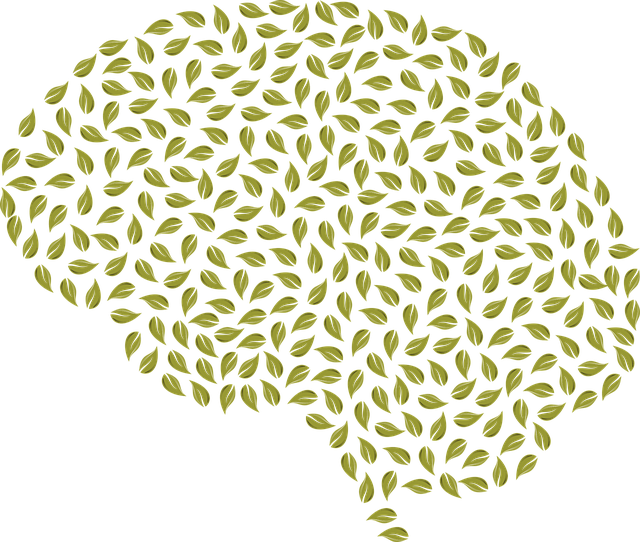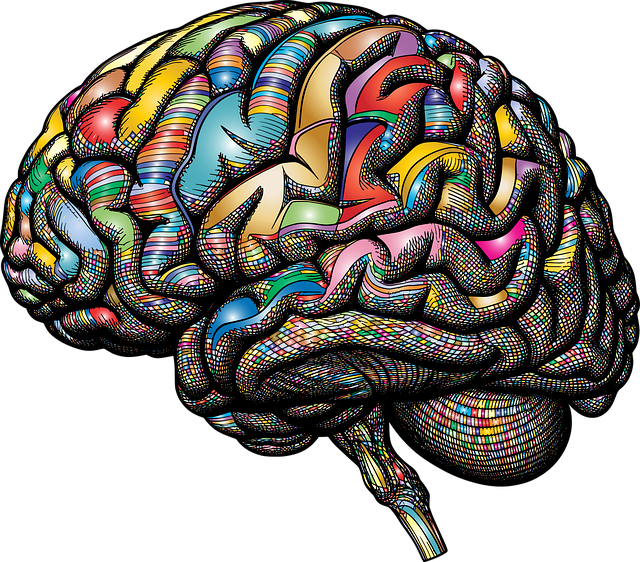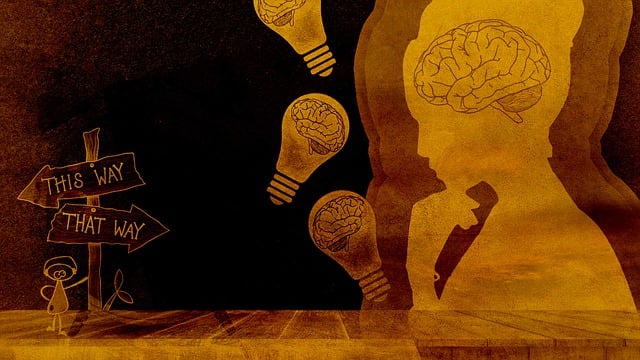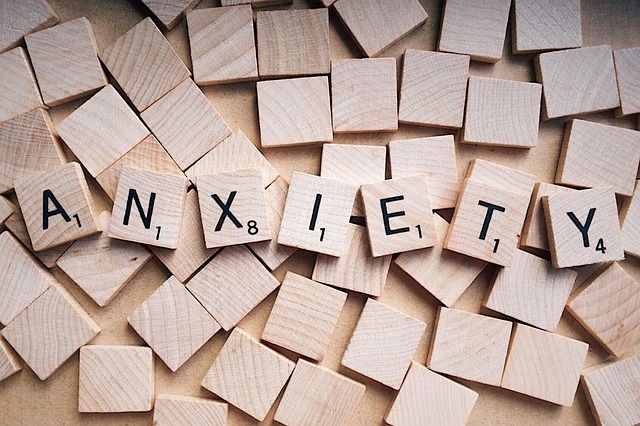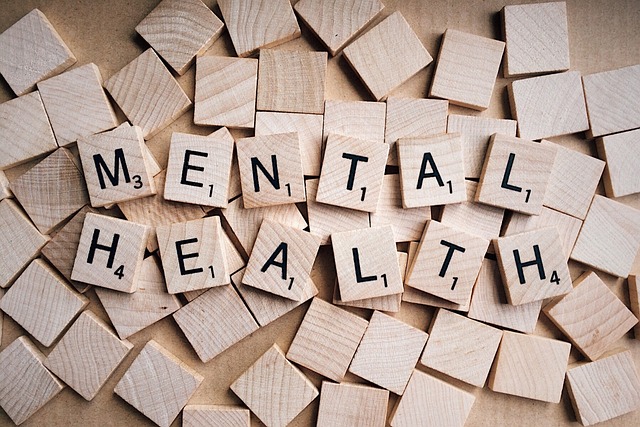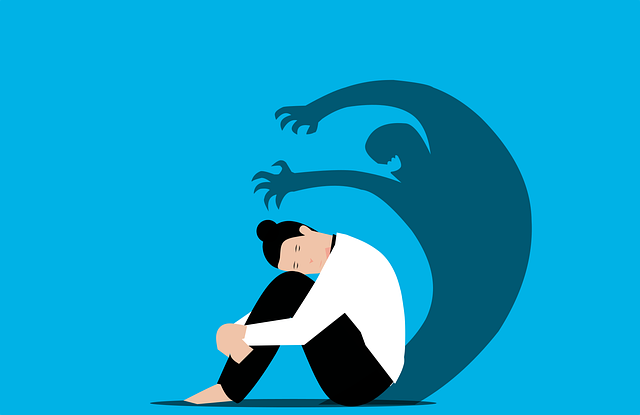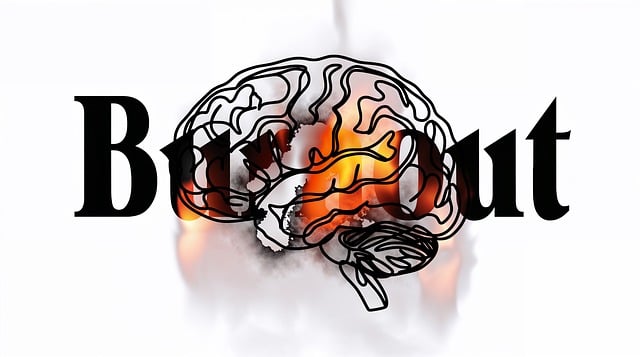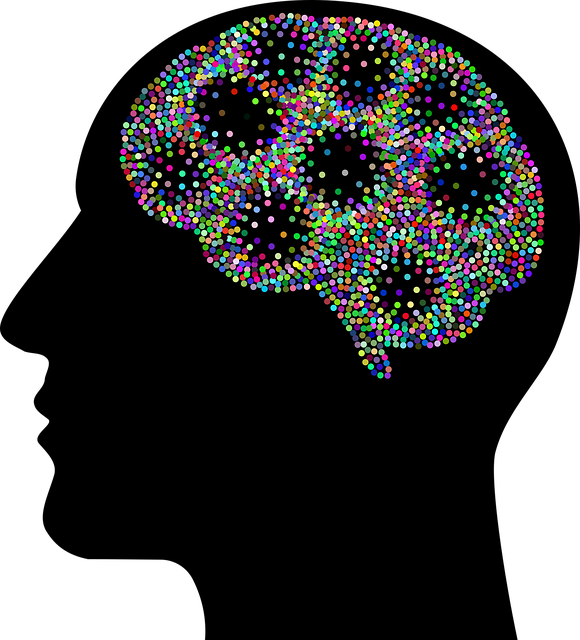Lafayette Child Abuse Therapy exemplifies cultural sensitivity in mental healthcare by understanding and respecting diverse cultural beliefs, values, and practices. This approach ensures clients from various backgrounds feel accepted and empowered to seek help. Therapists are trained in cross-cultural communication, integrating traditional healing methods, and adapting to familial structures to create inclusive environments. By incorporating principles like Mind Over Matter, Stress Reduction, and Conflict Resolution, the therapy delivers culturally responsive care that respects and empowers every individual while addressing unique needs for depression prevention and coping skills development.
In an increasingly diverse society, cultural sensitivity is paramount in mental healthcare. This article explores the critical concept of cultural sensitivity and its impact on therapy. We delve into the challenges faced by practitioners when navigating cross-cultural care, highlighting barriers that often impede effective treatment. Furthermore, it showcases best practices demonstrated by Lafayette Child Abuse Therapy, offering insights into culturally competent care. By understanding these dynamics, mental health professionals can provide more inclusive and impactful support for all clients.
- Understanding Cultural Sensitivity in Mental Healthcare
- Challenges and Barriers in Cross-Cultural Therapy
- Best Practices for Culturally Competent Care at Lafayette Child Abuse Therapy
Understanding Cultural Sensitivity in Mental Healthcare

Cultural sensitivity in mental healthcare involves recognizing and respecting the diverse beliefs, values, and practices that shape individuals’ lives and their interactions with mental health services. It’s about creating an environment where clients from various cultural backgrounds feel understood, accepted, and empowered to seek help. For instance, professionals at Lafayette Child Abuse Therapy understand that trauma and its manifestations can vary across cultures, necessitating tailored approaches in therapy.
This sensitivity goes beyond basic language translation. It encompasses adapting therapeutic techniques to align with clients’ cultural contexts, understanding familial structures, and incorporating traditional healing practices when appropriate. By integrating these principles, such as Mind Over Matter principles, Stress Reduction Methods, and Conflict Resolution Techniques, mental health professionals can foster deeper connections, improve treatment outcomes, and create a more inclusive healthcare system that addresses the unique needs of every individual.
Challenges and Barriers in Cross-Cultural Therapy

Cultural sensitivity is an indispensable aspect of mental healthcare, yet navigating cross-cultural therapy can present unique challenges and barriers. When working with diverse populations, therapists must be mindful of the impact cultural differences can have on communication, therapy goals, and treatment plans. For instance, understanding non-verbal cues, familial dynamics, and community norms becomes crucial in building trust and fostering effective therapeutic relationships.
One significant challenge is the potential language barrier, which may hinder the exchange of information and limit the patient’s ability to express their feelings and experiences. In cases where English is not the primary language, qualified interpreters or cultural mediators can facilitate communication. Additionally, therapists should be trained in culturally responsive practices, such as incorporating traditional healing methods, adapting therapeutic techniques, and respecting religious beliefs, to create a safe and inclusive environment for clients from various backgrounds, including those seeking Lafayette Child Abuse Therapy or dealing with depression prevention, conflict resolution techniques, and coping skills development.
Best Practices for Culturally Competent Care at Lafayette Child Abuse Therapy

At Lafayette Child Abuse Therapy, best practices for culturally competent care are deeply ingrained in our approach to mental healthcare. We recognize that cultural sensitivity is paramount when working with diverse populations, especially children and families from varied backgrounds. Our therapists undergo extensive training in cross-cultural communication, ensuring they can create a safe and supportive environment for all clients. This involves actively listening to and understanding clients’ unique perspectives, values, and beliefs, which are integral to their healing process.
Implementing self-care practices among mental health professionals is another key aspect of our strategy. By prioritizing our own well-being, we can better serve our clients. Effective mood management techniques and regular risk assessment for our team members help mitigate burnout and ensure we remain attuned to our clients’ needs. Through these comprehensive strategies, Lafayette Child Abuse Therapy strives to deliver culturally responsive care that respects and empowers every individual who walks through our doors.
In conclusion, cultural sensitivity is a cornerstone of effective mental healthcare, especially in diverse communities. As highlighted by practices at Lafayette Child Abuse Therapy, understanding and respecting cultural nuances can significantly enhance patient outcomes. By addressing challenges and implementing best practices, therapists can create a safe and inclusive environment that fosters trust and promotes healing for all individuals, regardless of their cultural background. This approach not only benefits individual patients but also contributes to the overall improvement of mental healthcare services in our increasingly interconnected society.
